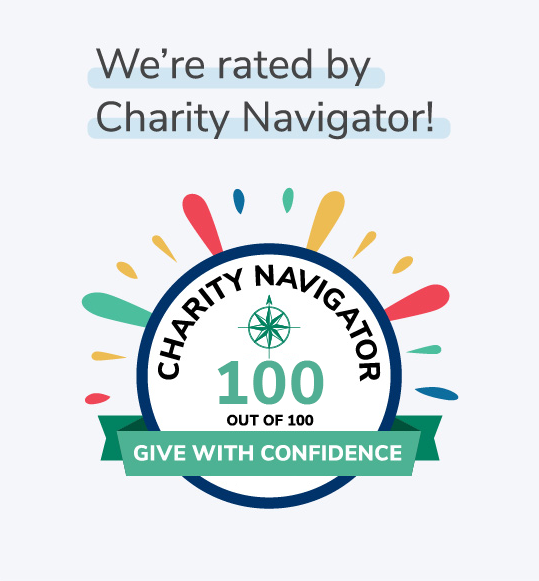Adapted from an article by Dr Susan Mary Zachariah, a senior specialist of Developmental Pediatrics at Aster Medcity, Kochi.
 While April is recognized as Autism Awareness Month, April 2 is celebrated around the globe as World Autism Awareness Day.
While April is recognized as Autism Awareness Month, April 2 is celebrated around the globe as World Autism Awareness Day.
Studies show that one in 59 children have autism. That means that nearly every family will either have or know of someone who has autism.
Autism Spectrum Disorder (ASD) is a neurodevelopmental disorder that affects communication and socialization. Individuals with autism may have repetitive movements, restricted interests and/or sensory issues.
Individuals with autism may have difficulty in making eye contact with others, and prefer to use gestures and actions to communicate. Most children with autism have a speech delay. They may also have sensory issues—like getting anxious around loud noises or crowds of people.
However, no two people with autism are the same so do not assume that they will all have the same range of abilities and challenges.
Autism is a condition, not a disease. It is present since birth, though symptoms may be obvious only later. Some children also develop relatively normally until one to two years of age, after which the symptoms of autism appear. Autism is not due to bad parenting, and autism is not caused by vaccines.
Do not assume that because someone has autism, she will have an intellectual disability. Some people with autism are very bright, and many have skills in areas like music, art, dance, and writing. With early diagnosis and early intervention therapies, children can often develop the skills they need to become independent as adults, especially with the right supports.
Most importantly, remember that people of all abilities have the same rights to learn, grow, dream, achieve goals and live their best lives possible. By including people of all abilities in our schools, workforce and places of leisure, we strengthen and enrich the community we share.











